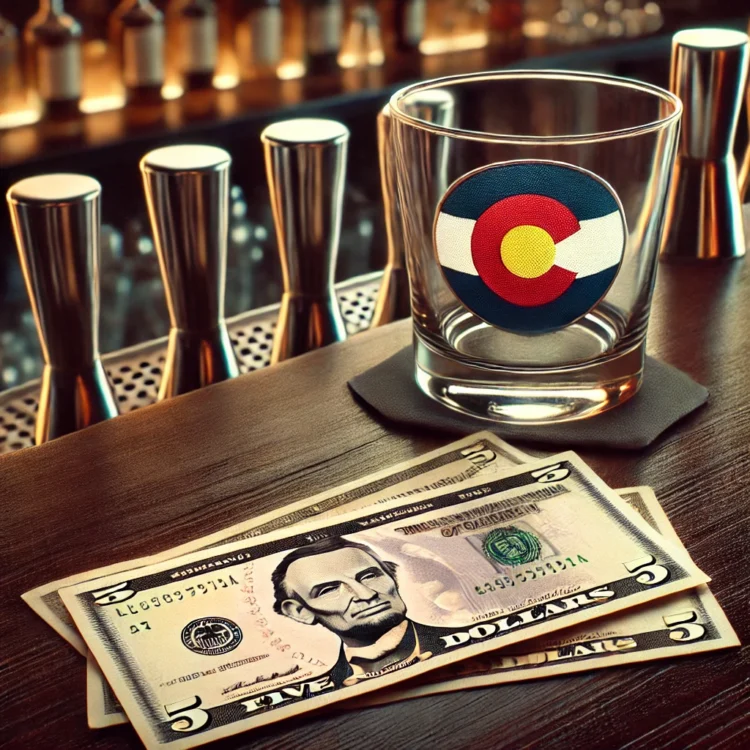Colorado Restaurant Workers See Tips as Key Part of Income Amid Changing Gratuity Trends
Tipping culture in Colorado continues to evolve, with gratuities now accounting for roughly 26% of restaurant workers’ income, according to a recent report by payment company Square. On average, Colorado diners tip 15% of their bill, contributing significantly to the annual pre-tip wage of $41,630 for servers, as reported by the U.S. Bureau of Labor Statistics.
The pandemic-era surge in tipping, fueled by modern point-of-sale systems and increased social pressure, shows no signs of slowing. Sonia Riggs, president and CEO of the Colorado Restaurant Association, acknowledged concerns over “tipping fatigue,” as tipping prompts expand beyond traditional settings, leaving consumers feeling both confused and pressured.
Nationally, tips make up an increasing portion of restaurant workers’ pay, rising from 14% in 2019 to nearly 23% in 2023. In Colorado, higher menu prices—driven by rising minimum wages—and an influx of customers post-pandemic have further bolstered tipping rates. Restaurants are also embracing service fees to address wage disparities between front-of-house and back-of-house staff. These fees, ranging from a 1.5% “kitchen appreciation” charge at The Burns Pub & Restaurant in Broomfield to a 20% non-negotiable service charge at Urban Cowboy Public House in Denver, aim to create more equitable pay models.
However, these changes leave many diners unsure whether to tip on top of added fees, sparking debates about fairness and transparency in the dining experience. Meanwhile, President-elect Trump’s proposal to eliminate taxes on tips could exempt more than a quarter of restaurant workers’ income from taxation, potentially offering financial relief to Colorado’s service workers.
As tipping culture reshapes consumer habits and employer practices, Colorado restaurants navigate the complexities of fair pay while balancing customer expectations.












